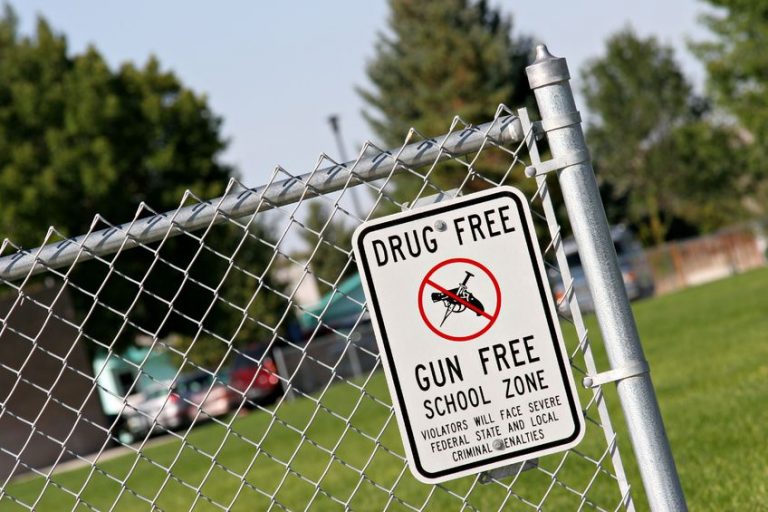The Anchorage city government is bracing for potential encounters with self-proclaimed “First Amendment auditors” who have been reported visiting City Hall and may target other municipal buildings.
In response, City Manager Rebecca Pearson has issued a memo to all municipal employees, advising them on how to handle interactions with these individuals.
First Amendment auditors are activists who film public officials in government buildings to test their compliance with constitutional rights, often livestreaming their interactions or posting them online.
While the practice is legal in publicly accessible areas, it has raised concerns among employees about safety, interference with municipal operations, and the potential exposure of sensitive information.
The memo, which was distributed this week, emphasizes the importance of remaining calm when interacting with auditors. “The most important piece of advice is to stay calm; they are seeking content that will get clicks, and we municipal employees are not all that interesting unless we get upset,” the memo states.
Employees are instructed not to argue or engage with the auditors’ arguments. Instead, they are given specific guidelines based on the location and behavior of the individuals filming.
For non-public areas, such as offices with no public-facing functions, employees are being advised to inform the auditors that they are in a restricted area and ask them to leave. If the individuals do not comply, security and a supervisor should be notified immediately.
For public-facing areas, such as customer service counters, employees are encouraged to determine if the auditors have a legitimate service request. If not, staff members are advised to politely disengage and return to their duties.
“If they cannot identify a legitimate service need, say ‘As I’m unable to assist you today, I’m going to [help the next person in line/get back to work/step away from this desk],’” the memo suggests.
Should an auditor escalate his behavior by taunting, shouting, physically intimidating employees, or blocking public access, security should be called to remove the person, the memo says. Employees are also being instructed to notify their supervisors and document any incidents for review by the Municipal Attorney’s Office.
City employees with additional concerns are being encouraged to reach out to the City Manager’s office for further guidance.









